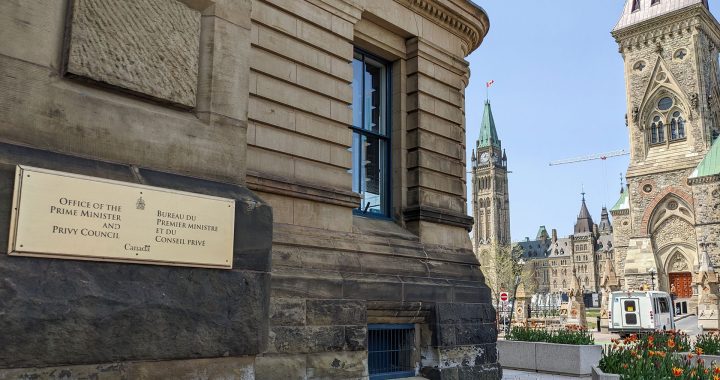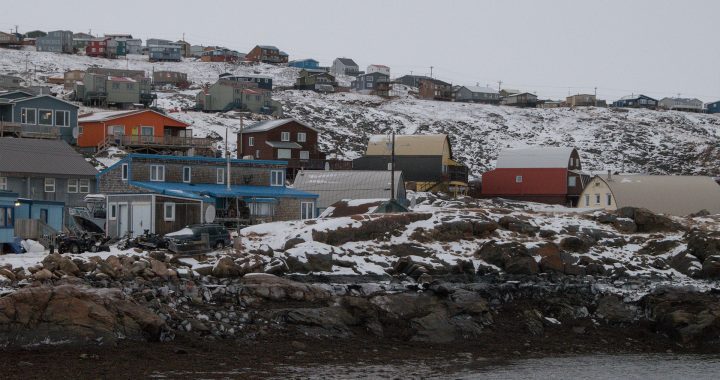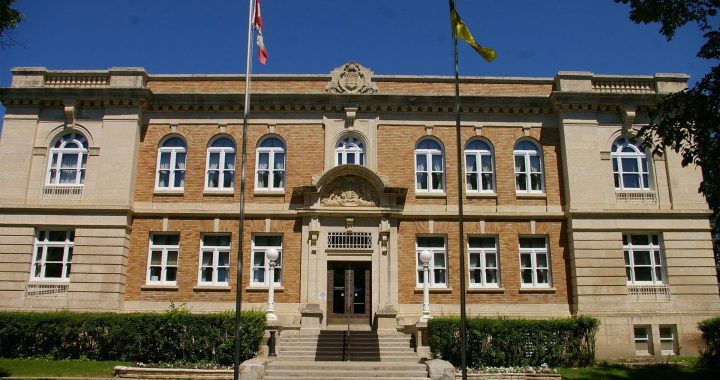Report shows alcohol related hospital visits a big problem in Northwest Territories
Two years ago, Statistics Canada reported that the Northwest Territories had the highest number of people in the country who reported heavy drinking. Fast forward to today, a national study is suggesting the Territory also has the highest rates of alcohol-related hospital visits.
Charlotte Morritt-Jacobs
APTN National News
Two years ago, Statistics Canada reported that the Northwest Territories had the highest number of people in the country who reported heavy drinking.
Fast forward to today, a national study is suggesting the Territory also has the highest rates of alcohol-related hospital visits.
More hospital beds are being taken up by patients dealing with alcohol harm.
According to a new report 475 hospitalizations in the NWT last year were caused entirely by alcohol.
That’s five times the national rate – more than anywhere else in the country by per capita.
“Often I am contacted to go to the hospital probably once or twice a week to go up and see someone who has had problems and is in need of treatment,” said Rick Alexander, a substance abuse councellor.
The study, Alcohol Harm in Canada, was completed by the Canadian Institute for Health Information.
It shows residents were hospitalized for issues such as alcohol poisoning, withdrawal, liver disease and chronic alcohol abuse.
And that men are more likely to be hospitalized because of alcohol – but there were more teenage girls admitted to hospitals over teenage boys.
The trend extends across theNorthh – Yukon comes in as second highest in Canada followed by Nunavut per captia.
Where one lives in the territories also had an impact on hospital visits.
Higher hospitalization rates were seen in lower-income, remote and northern areas.
“We surveyed a number of Canadians and asked them over a two year period how often do you havea conversationwith your primary healthcare provider about your smoking habits or drinking habits,” said study author Geoff Haynes. “What we found was over 70 percent of Canadians had a conversation with their doctor about smoking habits whereas less than 30 percent had conversations about alcohol.”
Similiarly, Alexander also sees strength in numbers when it comes to social service support.
“Certainly we don’t need more money thrown at it. money is not the issue. collaborative care and collaborating with other organizations in treating a very complex disorder is important. assessment and referral are important as well,” said Alexander.
While many remote communities in the northare dry, it all-too-often that residents north of 60 hear of massive bootleg busts.
“The more available it is, the more likely people are going to drink. particularly people who are at risk of drinking,” said Hayes. “The government is trying to balance the economic benefits of alcohol with limiting the health and social harms.”
The way that you access services differs depending where you live.
Admidst the startling numbers – the Northwest Territories has no detox or rehab centres. Neither does Nunavut – anyone struggling with alcohol dependency must travel south for rehab services.
Many First Nation leader’s here are calling for a northern recovery centre.









